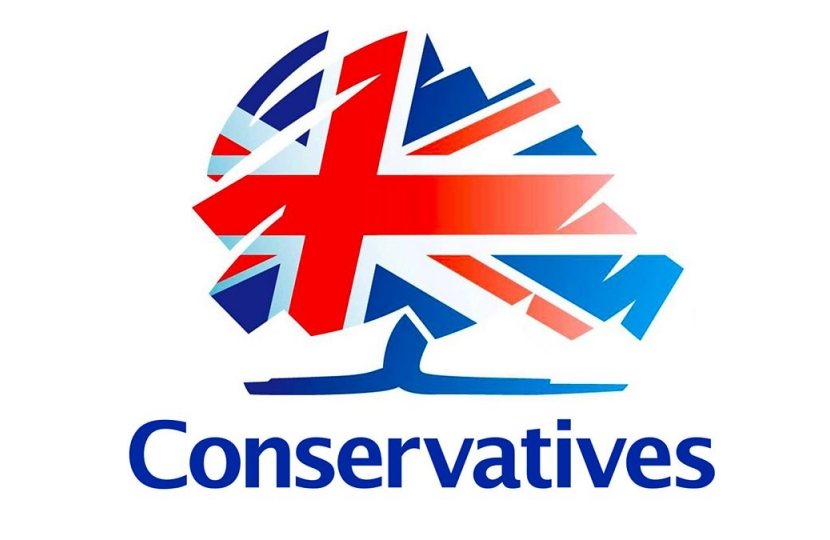
George Currie, Chairman of Brent Central Conservative Association, sets out his thoughts on how to reinvigorate local Conservative associations.
In Brent, Conservatives are really up against it. Not only does the borough have a cast of all Labour MPs and a Labour-run council, it also has one of the most highly organised Momentum groups in London. Despite this, last year’s General Election was, in many ways, a cause for celebration. It showed that there are almost 50,000 Conservative supporters in the borough. The big question that local Conservative associations need to answer is simple: how can the Party mobilise these supporters?
In recent months, there has been a renewed focus on the Party’s membership. Although some commentators have tried to play down the significance of how many Conservatives we have on board, we should be in no doubt that membership really does matter. It’s not just the money that members bring in that’s important, though this is essential for local associations in particular; it’s the ideas they provide that inform party policy, the support they give to local causes through action days, and, crucially, the boots on the ground they offer during election time.
Over the course of the last year, Brent Central has been successful in attracting new members and deepening its base in the borough. Membership is up by around twenty per cent year-on-year. We’ve increased our numbers through a programme of social events (with guest speakers like the excellent David Gauke MP), via an active and hard-fought General Election campaign, and by engaging with local community groups. I want us to do more at the local level to engage potential Conservative Party members; but, to maximise our ability to deliver success, the national party needs to do more to support the efforts of Conservative associations across the country.
Whilst successive election manifestos have pursued the localism agenda in national policy, the Party has, over the course of many decades, allowed its local associations to atrophy. Membership has declined as valued local institutions have lost their place in communities up and down the country. This needs to stop. Local members know the needs of their area best. To build a durable base, associations need to be given the means to do so and that requires them to be financially secure.
There are some reasonable and straightforward ways to achieve this. Firstly, funds from membership should be entirely decentralised, regardless of whether people join through local parties or at the national level. This would help local associations keep the lights on and the message alive. Secondly, additional financial support should be available to associations that develop and roll out innovative member engagement strategies. This would enable local parties to improve their retention and recruitment of members.
Alongside properly funded local associations, the Party needs to do more to communicate the principles that underpin policy to people in local communities. Most people are not obsessed with the specifics of what happens in Westminster or even particularly interested in what takes place in town halls throughout the land; but, they do care about what motivates politicians to act in the way they do. Voters can accept hard choices if they understand the reasons why they have to be taken. Local associations provide a platform for Conservative Ministers to get out of the political bubble and explain in lectures, over lunches and in community group meetings the Party’s programme and, crucially, the values that underpin it. Ideas really do matter and Ministers need to do more to convey them to members and, perhaps more importantly, potential members.
Despite their crucial importance, though, funding and ideas can only take us so far. In an increasingly transactional world, local associations need to be able to demonstrate to potential members that they can add value to their lives. In a time of stretched family budgets, is money spent on party membership more important than a monthly subscription to Netflix? Many hard-pressed working people might very well answer ‘No!’ The best way to add value in this context is to extend the Conservative agenda throughout the party. As the Prime Minister said when she assumed her office, we want to build a country that works for everyone and, at the last election, our manifesto set out some ambitious goals to achieve this end. However, this agenda should not begin and end at the threshold of power; it is an ethos that should course through the veins of the Party and extend into its local associations.
The cornerstone of this new approach must be a review of the benefits held out to people by membership of the Party. With tens of thousands of members, the national party has the scale to deliver a whole range of new member benefits, through partnerships with national and local businesses. In other words, the Party has the opportunity to use its negotiating power to lower the cost of goods and services for working people, making everyday bills more manageable for those who are trying to make ends meet. Member benefits of this sort are common to organisations big and small, from local running clubs to national health insurance providers. With energy and imagintion, benefits like this could become the hallmark not of a party that wants to break the modern economic system, but of a party that wants to make it work for everyone.
